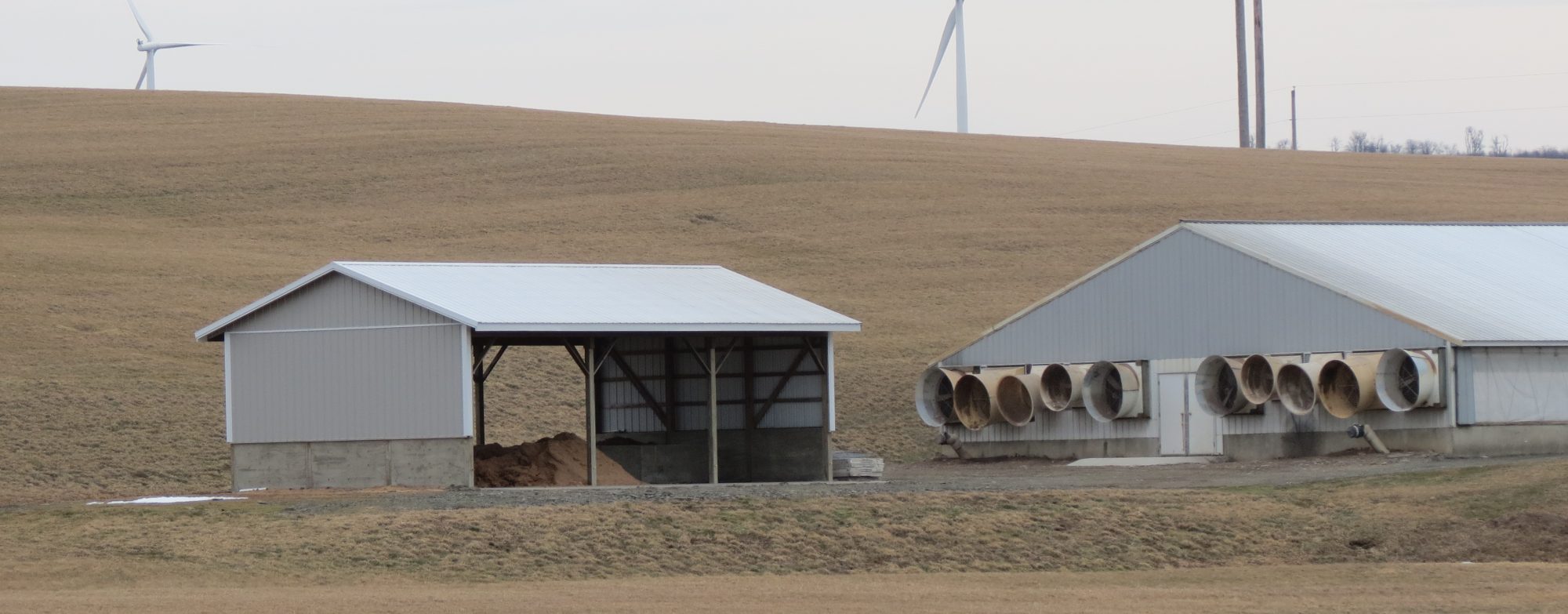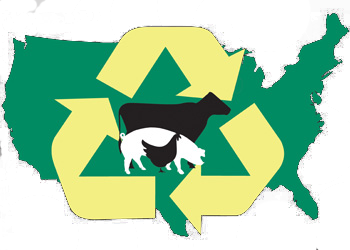Why Is Barnyard Management Important for Horse Manure?
Horse paddocks (and pastures) may contain large quantities of mud due to excessive traffic. Mud is more than a “mess” or “nuisance.” Winter and spring rains can cause mud and manure to runoff into nearby waterways. Nutrients and sediment in runoff are considered non-point source pollution, which can degrade water quality. A small amount of non-point source pollution from a single property may not seriously impair water quality, however, small amounts of nutrients and pollutants multiplied by many properties can result in significant water quality problems.
Environmental Impacts of Barnyard Runoff
Nitrogen, phosphorus, organic matter, and bacteria in runoff can pollute surface waters and decrease oxygen availability. Phosphorus and nitrogen reaching waterways can promote excessive algae growth. When the algae decays, oxygen is depleted which can kill fish and other aquatic life (aquatic bacteria remove oxygen from the water when decomposing the organic matter in manure). Property owners can reduce the impact of horse facilities on local waterways and groundwater by adopting management practices that minimize the potential for non-point source water pollution.
Additional Information on Horse Manure Management
- Equine Barnyard Management
- Got Barnyard Runoff?
- Stall Waste Production and Management
- Equine Barnyard Management
- Manure Storage on Horse Farms
- Spreading Manure on Horse Farms
- Off-Farm Manure Disposal
- Exercise or Sacrifice Lots for Horses
- Pasture Management on Horse Farms
- Fencing To Limit Horses Access to Riparian Areas
Author: William J. Bamka, Rutgers, The State University of New Jersey

